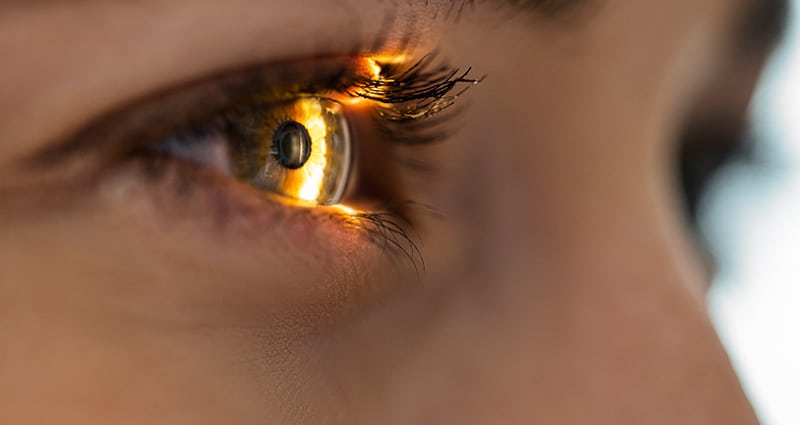Dark floating spots and “cobwebs” in your vision could be a condition that clears on its own. For people with diabetes, it can be more serious.
Four out of 10 diabetes patients suffer from diabetic retinopathy, a condition in which blood vessels in the eyes swell or leak, blocking light from reaching the retina and potentially leading to blindness. The damage occurs slowly and can be hard to detect without regular eye screenings.
But new technology can help scan the eye for these early signs of diabetic retinopathy. The Intelligent Retinal Imaging Systems (IRIS) retinal scanner is now in use at many Franciscan Missionaries of Our Lady Health System clinics to provide this screening for patients in Louisiana and Mississippi.
Find out more about the service and diabetic retinopathy resources here.
The noninvasive exam takes about five to 10 minutes. A camera takes pictures of the eye, and the IRIS scanner examines the images for signs of swollen or leaking blood vessels. The system is sensitive enough to pick up on early signs of diabetic retinopathy before treatment is necessary, so your doctor can establish a routine of monitoring to make sure the condition does not worsen.
Experts say that patients with diabetes have a 90% chance of keeping their vision if they get regular eye screenings.
The IRIS scanner doesn’t require pupil dilation for most patients—they are brought into a darkened room so the eyes can dilate naturally. The screening can also take place during a regular visit to a primary care physician, eliminating the need to set up a separate appointment elsewhere.




